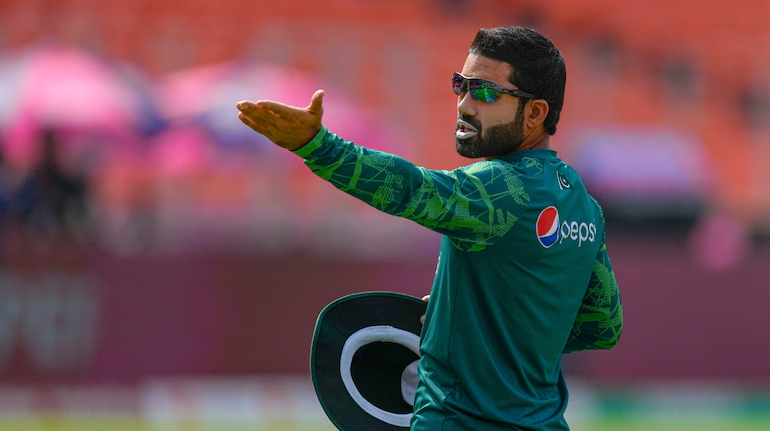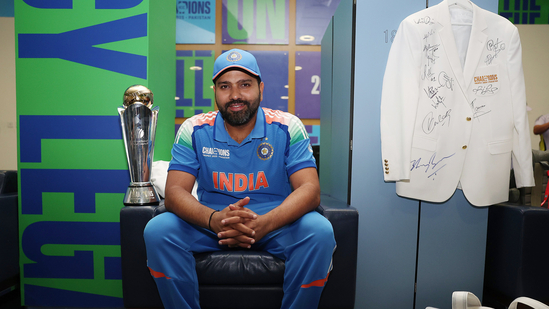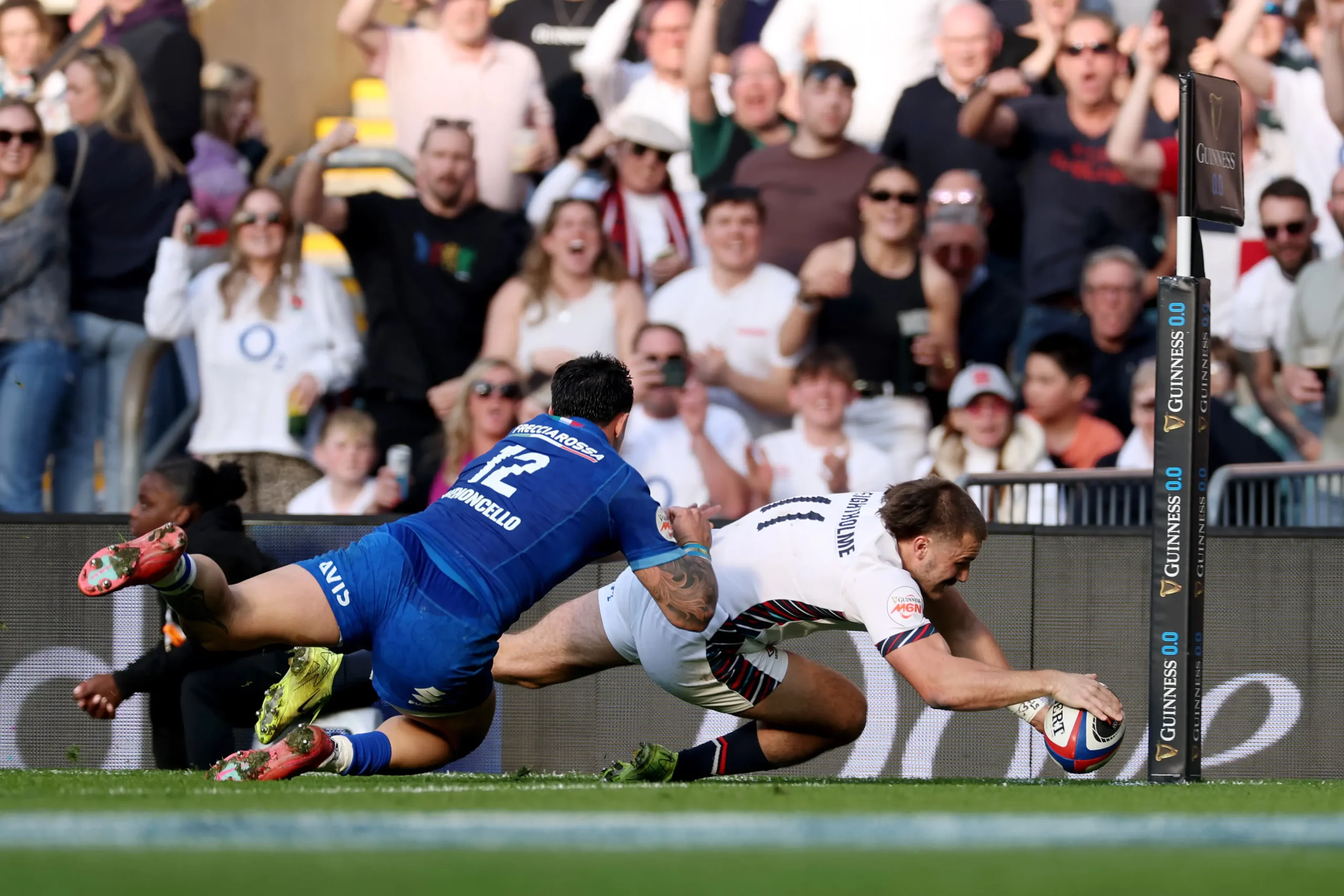Pakistan captain Mohammad Rizwan has conceded that his team’s Champions Trophy hopes are all but over following a six-wicket defeat to India in Dubai. With only one game left against Bangladesh, Pakistan’s fate is now out of their hands, as they must rely on a series of favorable results to stand any chance of reaching the semi-finals.
“For now, we can say it’s over – that’s the reality,” Rizwan admitted after the match. “We now have to wait and see what happens between Bangladesh and New Zealand, then New Zealand and India, and finally how we perform. But it’s a long road, and we’re relying on other teams.”
However, Rizwan was candid about his discomfort with depending on external results:
“As a captain, I don’t like relying on others. If you’re good enough, you should prove it by winning and controlling your own destiny. India and New Zealand played better cricket than us, and that’s why they won. If we get another chance, then so be it, but we have to take responsibility for our performances.”
Elimination Looming for Pakistan
Pakistan now faces elimination if New Zealand beats Bangladesh in Rawalpindi on Monday. This would mark the third consecutive ICC white-ball tournament where Pakistan has failed to reach the knockout stage—an outcome that will likely lead to tough questions about the team’s performance.
Rizwan, who took over as white-ball captain late last year, had led Pakistan to ODI series victories in Australia and South Africa, but the team’s recurring mistakes remain a major concern.
“We are repeating the same mistakes from previous games. These are not new errors; we’ve been making them for a while. We work on them, but at the end of the day, we’re human. Mistakes happen, but we need to improve.”
Struggles with Batting and Tactical Decisions
Rizwan’s personal performance (46 off 77 balls) is also under scrutiny, much like Babar Azam’s innings in the opening loss. Despite some late acceleration, Rizwan’s dismissal came during a middle-order collapse, which left Pakistan unable to build momentum.
“Losing is always disappointing, and this is a tough time. Difficult questions arise when results don’t go our way. We made mistakes in all three departments today, and that’s why we lost.”
Pakistan had set a target of 270-280 runs, considering the slow pitch and outfield, but poor shot selection cost them crucial wickets.
“Saud (Shakeel) and I were building a good partnership, but after that, our shot selection let us down. That gave India the chance to take control, and we couldn’t recover.”
Injury Woes and Selection Dilemmas
Pakistan’s batting lineup was further weakened before the tournament even began, with Saim Ayub suffering a fractured ankle and Fakhar Zaman picking up an injury in their opening match. Losing Ayub was particularly frustrating for Rizwan, as he was not only a dynamic opener but also a useful spin-bowling option.
Pakistan’s bowling strategy has also faced criticism, particularly the reliance on only one specialist spinner, Abrar Ahmed. Although Abrar has been Pakistan’s standout bowler, Rizwan explained the dilemma of team balance:
“In ODIs, you can’t go in with just five specialist bowlers. If we played two spinners, we would be left with only six batters, which doesn’t give us the right balance. This is something that works in T20s, but not in ODIs.”
What’s Next for Pakistan?
With their semi-final hopes hanging by a thread, Pakistan will now focus on their final group-stage game against Bangladesh, but their fate is out of their hands. Rizwan and his team will have to wait and hope, but even if they somehow progress, major questions remain about their tactics, team selection, and ability to handle pressure on the big stage.




